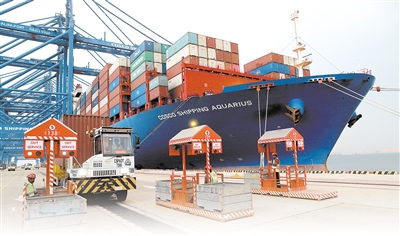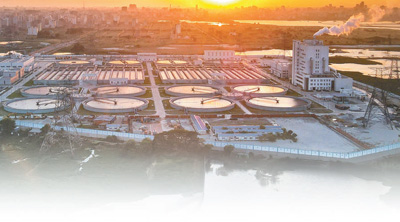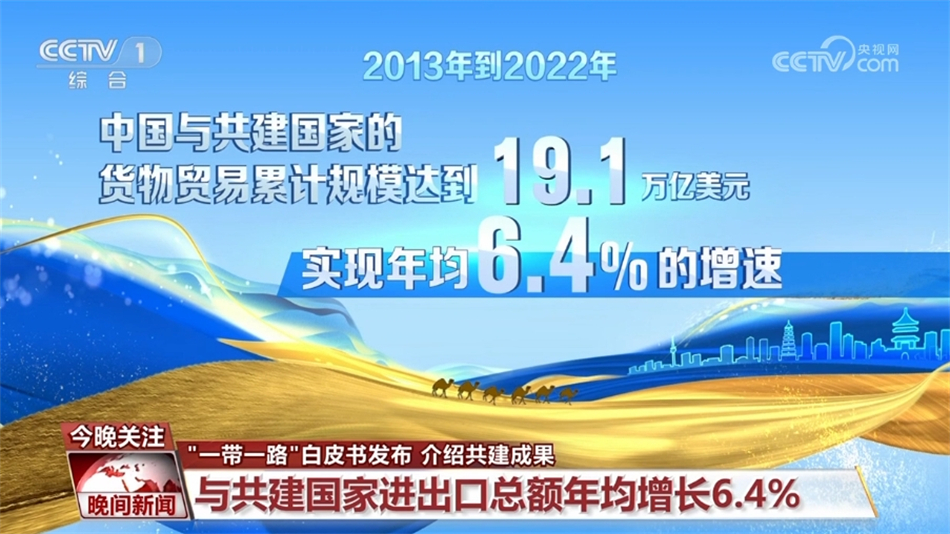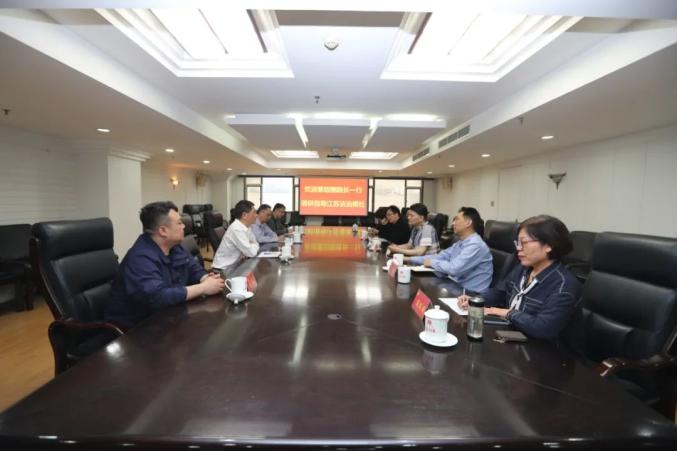How Important Is China-Iran Cooperation To Iran? The Gap Between Reality And Expectations
How Important Is China-Iran Cooperation To Iran? The Gap Between Reality And Expectations
On the international stage, the words "comprehensive strategic partner" are extremely heavy, which means that both sides have a high political trust and are deeply tied to interests. However, when this label is attached to China and Iran, reality is filled with a sense of alienation.
On the international stage, the words "comprehensive strategic partner" are extremely heavy, which means that both sides have a high political trust and are deeply tied to interests. However, when this label is attached to China and Iran, reality exudes a sense of alienation. In the past decade, Chinese capital has swept almost all countries along the route through the "Belt and Road" initiative, leaving only a gap in Iran.

The 25-Year Comprehensive Cooperation Plan, which was once highly anticipated in 2021, is claimed to be worth US$400 billion, but now it sounds more like a mirage in the desert. In addition to a few projects such as the expansion of Tehran Airport, most of the other projects on the Blueprint have become abandoned oil wells or unfinished ports in the desert. In the first half of this year, China invested more than US$57 billion under the framework of the "Belt and Road" and the newly signed contract amount reached US$66 billion, but there is no Iranian name on this long list.

What's the problem? It cannot be simply attributed to external sanctions. Iran's own behavior pattern has already scared away potential investors. Their policy changes are so large that any long-term plan becomes a big gamble. After the signing of the Iran nuclear agreement in 2015, Tehran frozen 90% of its cooperation with China and turned to the West. In 2018, US sanctions were restarted, and Iran shouted "Look eastward".

This opportunism is fully reflected in the new President Pezekichiyan. While accusing China of being ineffective in investment, he accepted India's $2 billion investment and promised to alienate the China-Pakistan Economic Corridor. Systemic breach of contract is even more common. In 2024, Iran unilaterally tore up the drone procurement contract and instead embraced the Russian Su-35 fighter jet. This year, Iran refused to pay $450 million in crude oil storage fees, demanding for the forced transportation of 25 million barrels of crude oil stored in Chinese ports.





